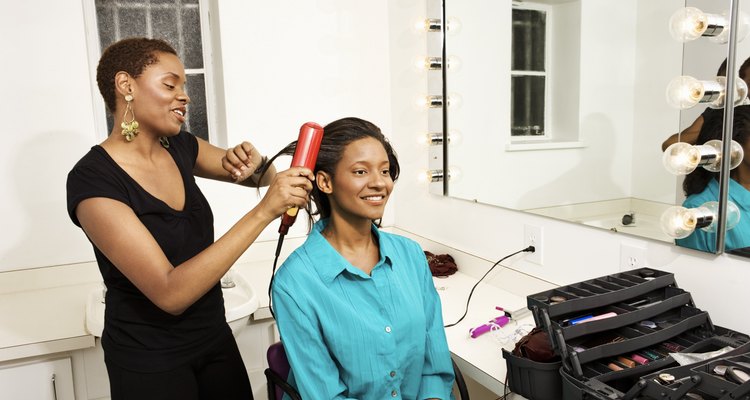
Jupiterimages/Stockbyte/Getty Images
Many people of African descent have hair that is prone to dryness and breakage. The coily, curly or otherwise highly textured nature of black hair can sometimes make it look or feel coarser than other hair types. The key to getting smoother, softer black hair is to protect the hair strands and regularly drench them with moisture.
Moisturize
Making black hair softer and more manageable begins with regular moisturizing. Apply a moisturizing treatment after every shampoo and as needed throughout the day. Using conditioner in place of shampoo quickly softens black hair and keeps the hair moisturized longer. Apply a light coating of sesame or jojoba oil to the ends of black hair to keep it soft and conditioned.
Avoid Heat Damage
Heat damage can make black hair feel stiff, dry and wiry. Heat-damaged hair will look markedly different from healthier hair strands. Dullness, brittleness and snapping are the most common traits of heat-damaged black hair. To keep black hair softer and avoid heat damage, cut back on your use of heated styling appliances. If you do happen to use styling appliances such as blow dryers or flat irons, apply a commercial heat protectant serum prior to using them.
Strengthen
You need to maintain a proper balance between moisture and protein to keep black hair soft and healthy. If your hair is particularly prone to breakage, apply a reconstructive protein treatment. Protein can make black hair feel slightly dry, so always follow a strengthening treatment with deep conditioning to add shine and softness. This maintains the integrity of your hair strands while preventing breakage and brittle-feeling hair.
Remove Damaged Ends
Removing dry, damaged ends can greatly improve the softness and appearance of black hair. You may have to sacrifice some length in the quest for softer hair, but it's better to get rid of damaged ends as soon as possible. Trim damaged ends with a sharp pair of scissors. Condition black hair after trimming to help to moisturize and soften the ends.
Considerations
How you handle your hair affects how well it retains moisture and softness. Only use wide-tooth combs for detangling, because narrow-tooth combs destroy and roughen black hair. Cathy Howse, author of "Ultra Black Hair Growth II," recommends that you only use heated styling appliances that have a thermostat for temperature control. Appliances without a thermostat can overheat or heat unevenly and damage hair.
Related Articles

Steps to Growing Black Hair
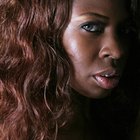
How to Curl Black Hair With a Curling ...

How to Take Care of Yaki Hair

Hair Care Tips for Black Men

How to Get Black Hair to Thicken

How to Fix Flyaway and Broken Curly Hair
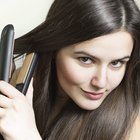
How to Keep Hair Healthy While ...

How to Maintain an Afro for a Male

How Often Should Black Women Moisturize ...

How to Get Rid of Frizzy Straight Hair

How to Change from a Relaxer to a Perm
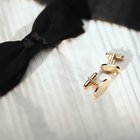
How to Make a Suit Look Like a Tux

How to Care for Hair After a Weave ...
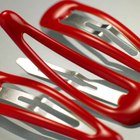
How to Do Pin Curls for Black Women
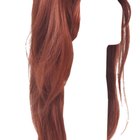
How to Fix Dry Ends on a Synthethic Wig

How to Grow Shaggy Hair

How to Get Frizz-Free Hair When Your ...
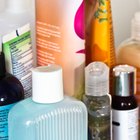
How to Condition Hair After Using a ...

How to Use Sportin Waves

How to Grow Out Relaxed Hair Without ...
References
- Ultra Black Hair Growth II; Cathy Howse
Writer Bio
Jessica Armento is a nurse, professional freelance writer and website developer. Her health and fitness-focused writing has been featured on many website and regional publications. She is working toward a Bachelor's degree in liberal studies, with a concentration in journalism, at the University of Iowa.
Photo Credits
Jupiterimages/Stockbyte/Getty Images